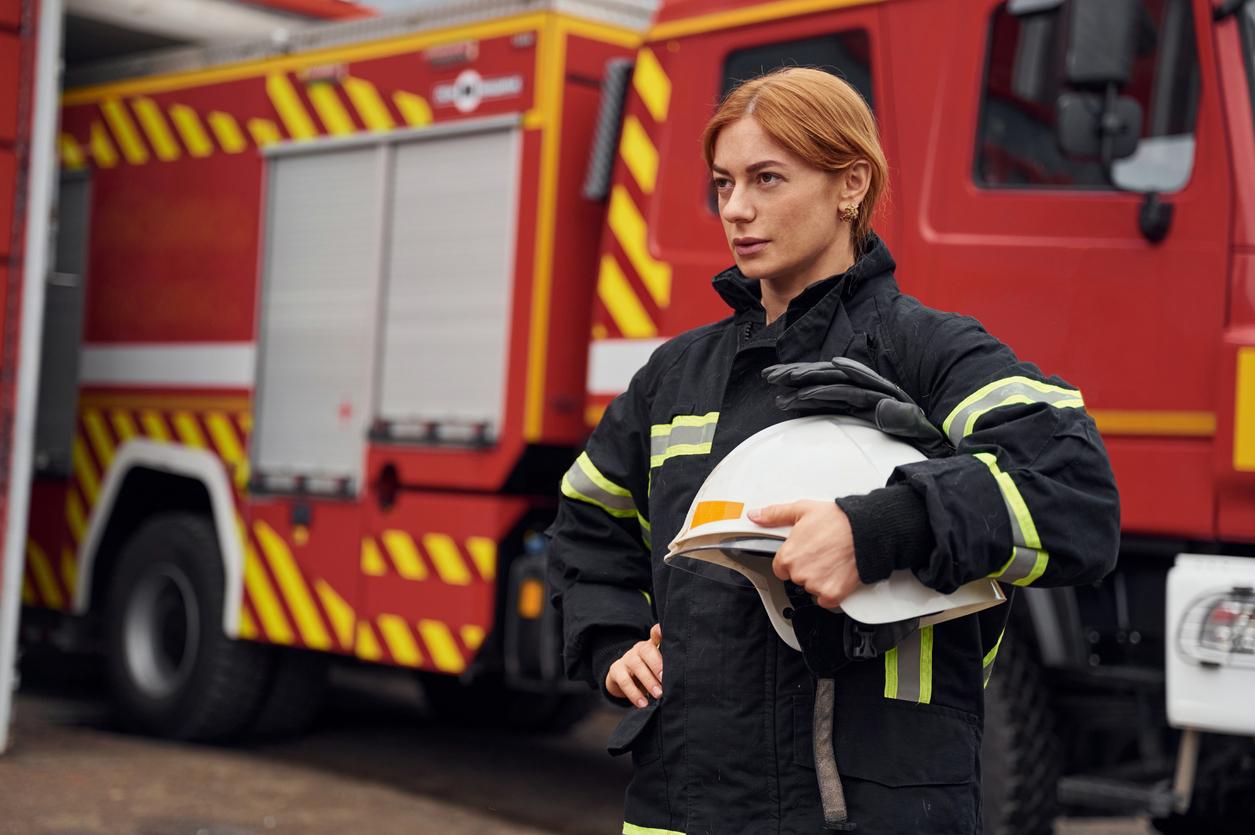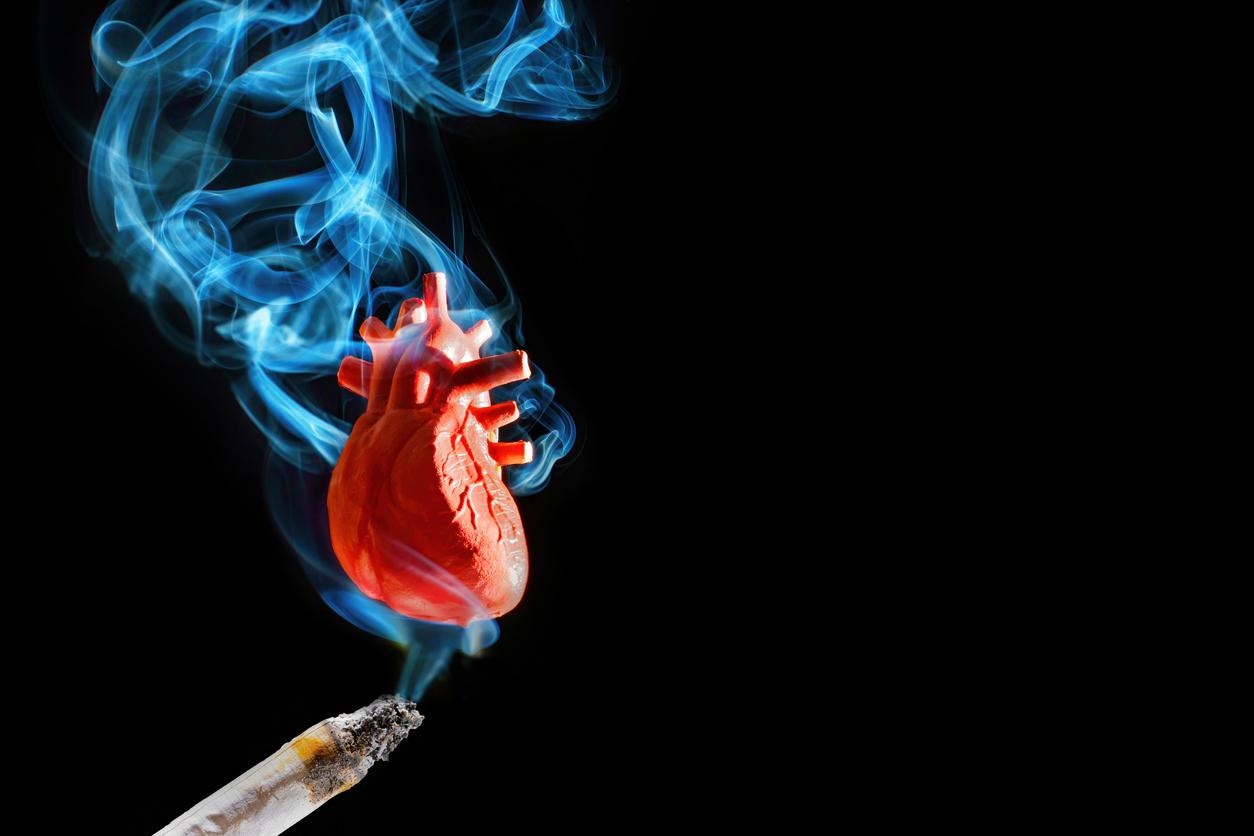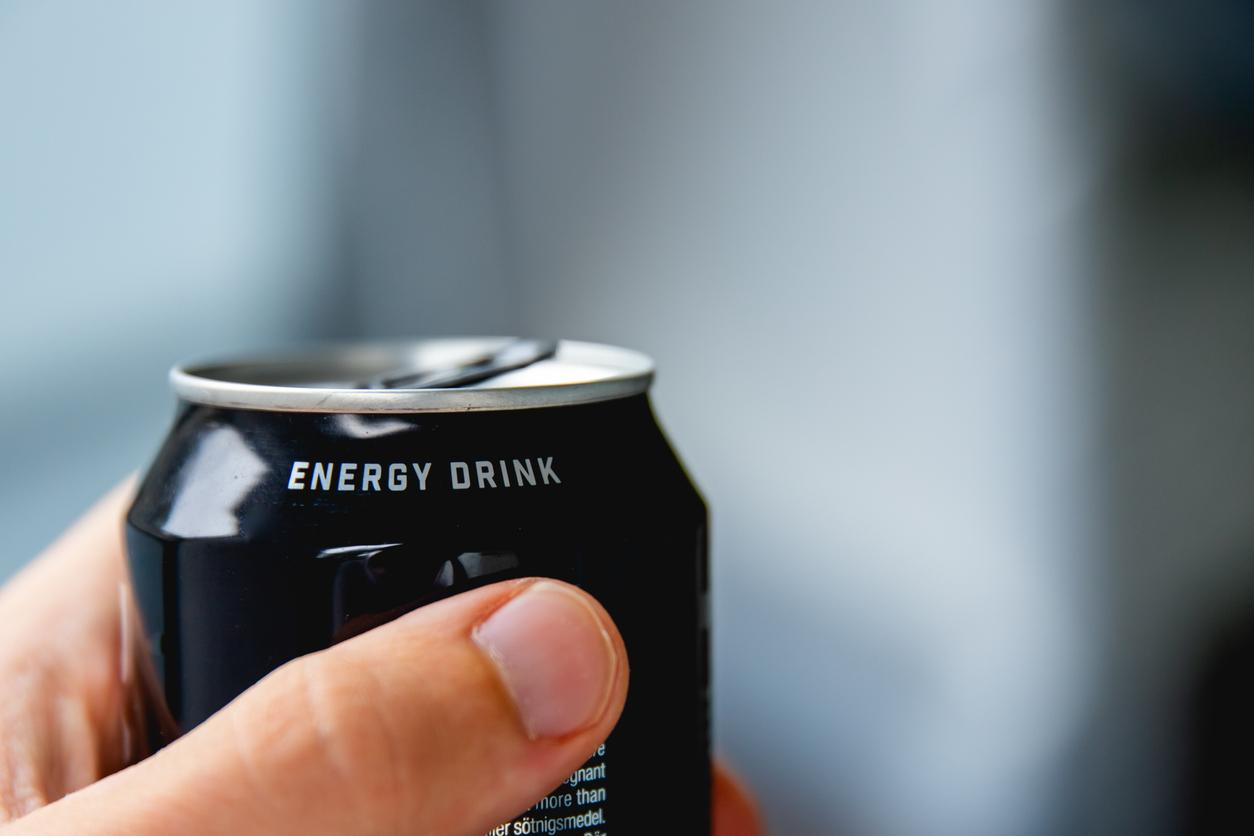According to a new study, firefighters who intervened the morning of the attack have a 44% higher risk of cardiovascular disease than those who intervened later.

18 years later, the September 11 attack continues to claim victims. In the Journal of American Medical Associationresearchers show that firefighters mobilized that day have an increased risk of cardiovascular disease. It varies according to the moment and the duration of their intervention.
Nearly 500 cardiovascular incidents
Nearly 10,000 firefighters participated in the study. All were mobilized to intervene on the site of the World Trade Center on September 11, 2001 and were exposed to potentially dangerous fumes and particles. 489 of them had a cardiovascular problem after the attack: myocardial infarction, death following a heart attack, stroke or operation of the coronary arteries.
The analysis of the data shows differences according to the hour of mobilization of the firefighters: those who went to the site in the morning have a 44% higher risk of being affected by a heart disease, in comparison with those who intervened in the afternoon or in the days that followed. The longer the firefighters have been on site, the higher the risk of suffering from a cardiovascular disorder, especially for those who have been there for more than six months.
Increased risks of blood cancer
The long-term consequences of the attack are not yet known. Regularly, new studies appear. In 2018, a study published in JAMA Oncology proved the existence of an anomaly in the blood of the firefighters who intervened, following their exposure to toxic agents. Compared to an unexposed population, firefighters are twice as likely to be affected by a monoclonal gammopathy of undetermined significance (MGUS). This abnormality can cause blood cancer.
Nearly 3,000 people died in this attack.
.















